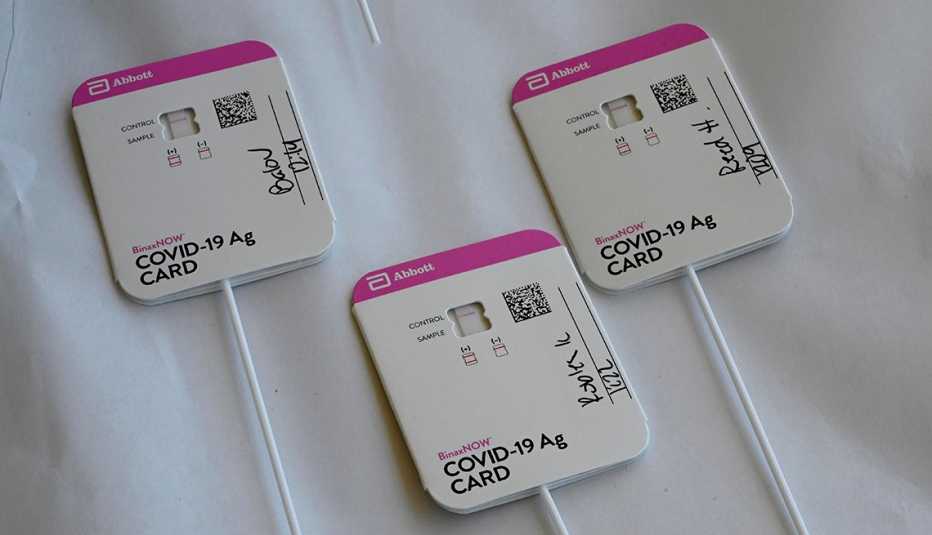AARP Hearing Center


Home coronavirus test kits made their way to store shelves this spring, and ever since, they’ve been relatively easy to find and purchase — that is until recently.
A surge in demand for the nasal swab kits that can tell you whether you have COVID-19 in a matter of minutes is wiping out online retailers and prompting stores like CVS to limit the number of tests consumers can purchase at once.
Experts have a few explanations for the renewed interest in these rapid home test kits, which usually cost between $25 and $40, and most of the blame falls on the delta variant.
Delta’s rise leads to scarcity of home tests
The highly contagious variant is driving up COVID-19 cases and hospitalizations across the country, especially in communities where vaccination rates remain low. And this swell of infections is happening at a time when kids are headed back to the classroom and many adults are returning to the office.
Plus, new research shows delta “seems to replicate in the nasal pharynx more vigorously” than pervious virus variants, even in people who are vaccinated, explains Sten Vermund, M.D., an infectious disease epidemiologist and dean of the Yale School of Public Health. This suggests that vaccinated people, while highly protected from getting really sick with COVID-19, can spread the virus to others, including unvaccinated or immunocompromised individuals, “and in that sense do some damage,” Vermund says.
Then there’s the “convenience and interest in having the answer right away,” adds Matthew Binnicker, director of the Clinical Virology Laboratory at Mayo Clinic — especially after a year-plus of dealing with testing backlogs and delays. You don’t need a doctor’s note to buy the latest home test kits, and most bypass the days-long wait for laboratory processing. (There is at least one over-the-counter COVID test that does not produce immediate results. It uses a different testing technology from the rapid tests, called PCR, or polymerase chain reaction, and relies on a lab to analyze the specimen.)
Manufacturers are aware of the sudden clamor for their rapid home tests and are working to fix it. Abbott, the maker of the BinaxNOW COVID-19 Antigen Self Test, tells AARP that it started “scaling up manufacturing” when the company saw demand rise with delta’s dominance.
“We’re hiring people and turning on parts of our manufacturing network that were idled or slowed when [testing] guidance changed and demand plunged,” an Abbott spokesperson told AARP. “While there will be some supply constraints over the coming weeks as we ramp back up, we are [pulling] resources from all over the company to help meet this unprecedented demand.”



































































More on Health
Delta and Beyond: What Variants Mean for the Fully Vaccinated
You're unlikely to get sick if you got the COVID-19 vaccine, but burdens still lingerState-by-State Guide to Face Mask Requirements
States, cities and counties have largely eased or ended mandates10 COVID Vaccine Myths
Fact vs. fiction on the coronavirus shots